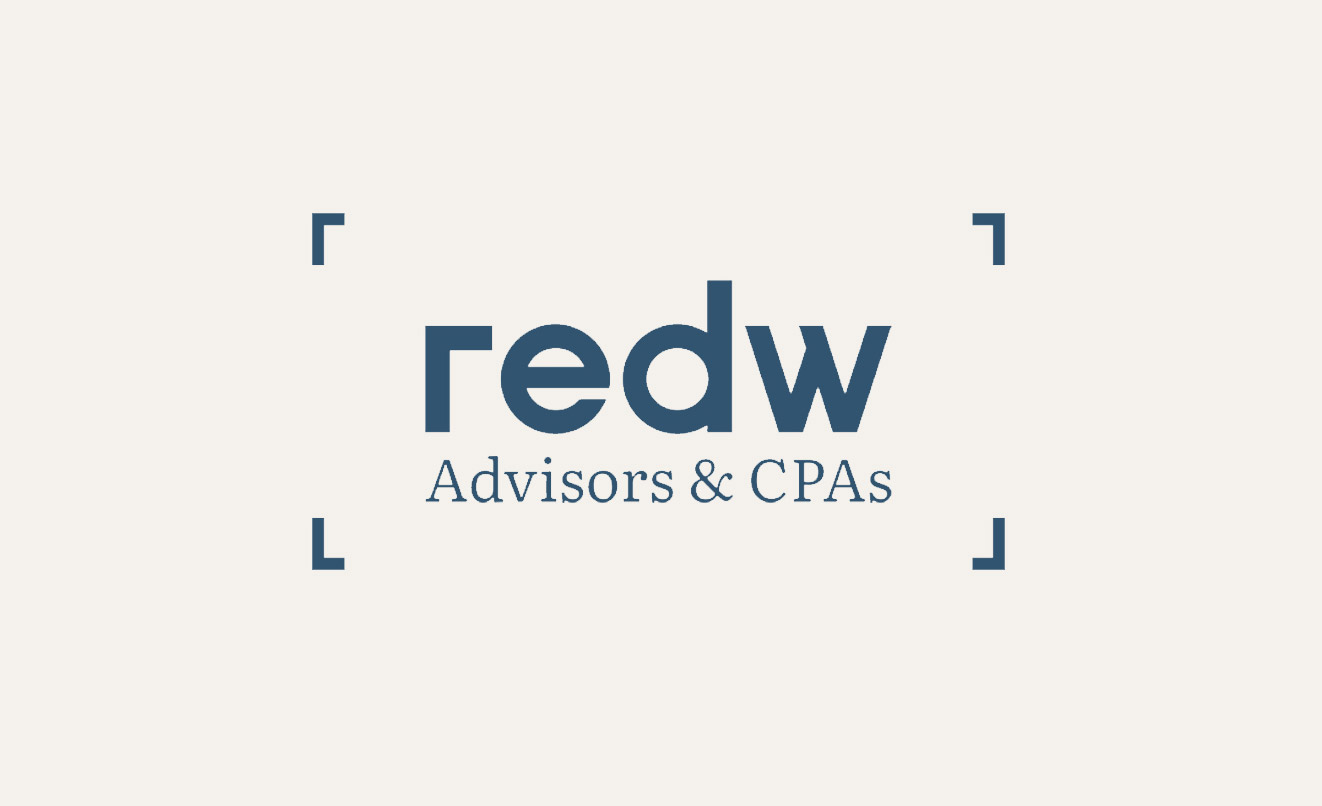A follow up to the March 1, 2022, American Rescue Plan Act (ARPA) Update for Tribes Webinar from REDW’s National Tribal Practice.
In January, the Final Rules to the Coronavirus State and Local Fiscal Recovery Funds (SLF) under the American Rescue Plan (ARPA) were published by the U.S. Department of the Treasury. These rules govern the eligible uses of the $350 billion dollars distributed to state, local, and Tribal governments and took effect April 1, 2022.
Members of the REDW National Tribal Practice presented an update to the previously published Interim Final Rule and are providing key takeaways for Tribal governments below.
Replacing Public Sector Revenue
Tribes may use SLF funds to replace lost revenue and pay for services provided by their governments, up to the amount of the tribe’s revenue loss due to the pandemic. Tribes can:
- Use a “standard amount” of $10 million, or
- Calculate specific revenue loss
Whatever option the Tribe chooses, it must track the funds. These funds cannot be used to/for:
- Offsets to lost tax revenue or debt service
- Deposits to pensions or replenishing financial services
- Settlements and judgements
Key takeaway: Consider the administrative cost of calculating actual losses versus opting for the standard amount. Once tribes choose an option, they cannot switch.
Public Health and Negative Economic Impacts
Eligible uses:
- Reasonable capital expenditures “that support an eligible COVID-19 public health or economic response,” including building/improving certain affordable/abandoned or vacant housing, childcare facilities, schools, hospitals, and other projects.
- Expands the communities considered disproportionately impacted.
Download the Department of the Treasury’s Fact Sheet for Tribal Governments»
- Broadens support for public sector workforce development, i.e., payroll for public safety, health and human services, avoiding layoffs, retention incentives, furloughed or laid off staff.
- Simplifies cash and food assistance, expands health insurance coverage, paid sick/family leave, financial services.
- Removes administrative reporting for tribes.
Key takeaway: Rules have been expanded and simplified.
Premium Pay
Premium pay expands to workers performing essential work and other sectors determined by tribes and can include tribal enterprises.
- Essential workers: in person work in critical infrastructure sectors: healthcare, education, childcare, transportation, public health and safety. No telework.
- Pay retrospective to March 3, 2021, must be in addition to wages, with limits.
- Prioritize lower income workers.
- Now eligible: part time, third parties, contractors, and those exempt from FLSA and overtime.
Key takeaway: Review premium pay rules for expanded eligibility.
Water, Sewer and Broadband Infrastructure
Clarified and expanded infrastructure projects: improving access to clean drinking water, wastewater and storm-water projects, and expanded broadband.
- Emphasis on clean and drinking water, water conservation and reuse. Expands to include culvert repair, dam and reservoir rehabilitation and storm-water infrastructure, projects addressing climate change. Could include road construction.
- Includes lead remediation in schools/childcare centers, aid for private wells/septic units, and projects to support population growth.
- High-speed broadband infrastructure and security, modernization of hardware and software, with scale up to higher speeds. Low-income subsidy programs must be accessed. Visit FCC.gov for information.
Key: Focus on drinking water, high speed internet, cyber security.
Tribes must continue to comply with the Treasury’s Compliance and Reporting Guidance. Questions about the American Rescue Plan’s Coronavirus State and Local Fiscal Recovery Funds, and/or requirements and rules can be addressed to a trusted REDW advisor. Please reach out to Senior Manager Michael A. Dierlam, CPA, or Principal and National Tribal Practice Leader Wesley Ryan Benally, CPA.





